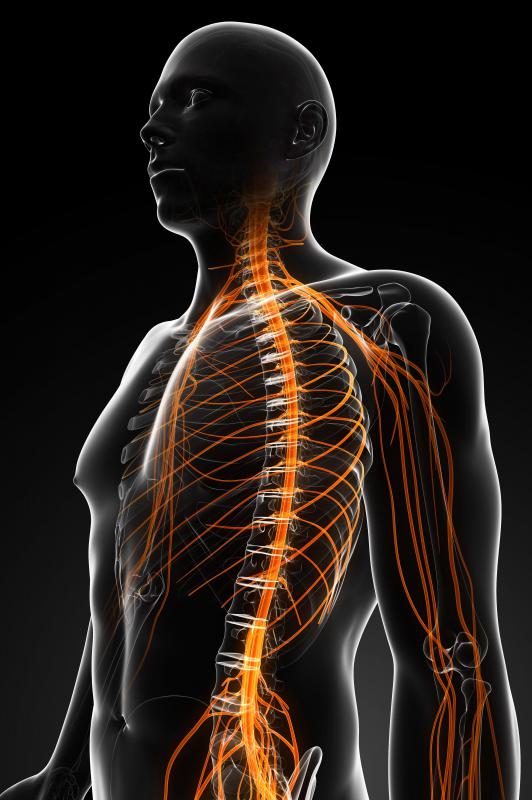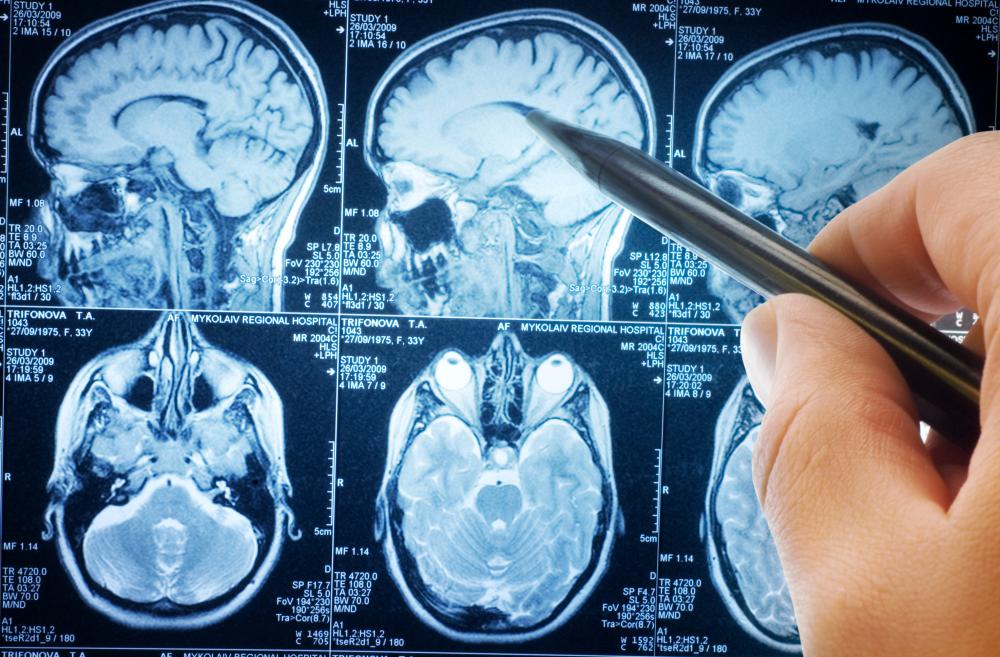At PracticalAdultInsights, we're committed to delivering accurate, trustworthy information. Our expert-authored content is rigorously fact-checked and sourced from credible authorities. Discover how we uphold the highest standards in providing you with reliable knowledge.
What is Neurology?
Neurology is a medical specialty which focuses on disorders of the brain and nervous system. All diseases that involve the central, peripheral or autonomic nervous systems are classed as neurological disorders. This can also include diseases that affect blood vessels and muscles as well as nerves. A physician in this specialty is a neurologist, while a neurosurgeon is specialized in surgical procedures for the treatment of neurological disorders.
Neurology is not only a brain-related specialty. As well as migraines, epilepsy and headaches, behavioral and cognitive disorders, brain cancer and traumatic brain injury, neurological disorders include progressive diseases such as Huntington’s and Lou Gehrig’s disease, and demyelinating diseases such as multiple sclerosis. Diseases of the spinal cord, peripheral nerves and muscles, and neuromuscular junctions are also classed as neurological diseases.

Because the nervous system is so extensive, one of the key aspects of diagnosis of neurological disorders is localizing the pathology of the disorder. This means determining where in the body the symptoms originate, and whether the nervous system is involved. Neurological examinations involve cranial nerve tests and mental status tests as well as those which investigate reflexes, sensation, coordination, and strength.

Education requirements for neurology differ all over the world, but all require an average of twelve years worth of education and clinical training. In the United States and Canada, for example, candidates must complete a four-year undergraduate degree, a four-year medical degree, and a four-year residency in their speciality. Students can also choose to undertake further specialty training following completion of their residency.

In the United Kingdom and Ireland, candidates complete between five and nine years in medical school before becoming a house officer in a hospital. Following this and the completion of an examination, they can commence neurology training. In Germany, students must complete a year of psychiatry training to fulfill their residency requirements.
There is a significant amount of overlap between neurology and psychiatry. Some mental illnesses are classified as psychiatric diseases, although they are believed to be neurological disorders. Schizophrenia and bipolar disorder are two such examples of diseases which are believed to be the result of neurochemical imbalance, but are usually diagnosed and treated by psychiatrists. Another instance of overlap is that many neurological disorders such as Alzheimer’s, Parkinson’s, and Huntington’s cause psychiatric symptoms. It is common for people with these disorders to experience depression, mood disorder, and cognitive dysfunction, which may be treated by a psychiatrist.
AS FEATURED ON:
AS FEATURED ON:















Discussion Comments
@Proxy414
This is an interesting point, since we use light to try to understand light and can't really grasp it. In the same way, if we use our brains to understand brains, what is our reference point beyond what we can consciously know? I think we may need a bit of faith.
The brain is like a massive tree with infinite branches coming from and flowing to a connected whole. The various areas interact to create innovation and new understanding of analogies and connections between different concepts. The depth and magnitude of this process is beyond us to understand fully (using our brains to understand our brains). If we merely think inside the box, we can only get so far.
Even though psychiatry is not a direct part of being a neurologist, it is nevertheless important to understand how chemicals and electronic signals interact in the mind to produce certain results in behavior and higher brain function. The entire symbiotic process of thought patterns and physical brain function is an interconnected vital role of the body which reigns over every other function.
The job of a neurologist is possibly one of the most delicate jobs on earth. It involves human minds, which are the center of existence and normal functioning. A slip up working on a brain can be devastating. It is like you are looking at a huge macrocomputer that is infinite in complexity and connects the whole existence of a person together.
Post your comments